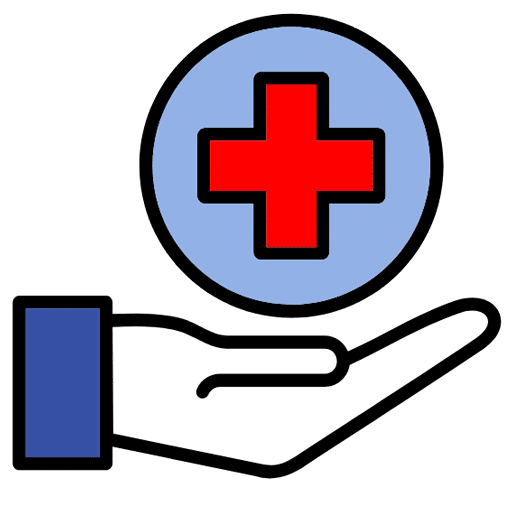The Legal & Ethical Behavior section tests your understanding of the laws and professional standards that guide CNA practice. Our 10-question quiz offers a focused review of these critical topics.
With instant scoring, this quiz helps you identify any gaps in your knowledge and reinforces your ability to act professionally and legally in every situation.
✏️ Start Your Practice Test Now!
Legal & Ethical Behavior – confidentiality, professional boundaries
Topics Covered
CNAs must understand confidentiality, professional boundaries, and their scope of practice. This section covers HIPAA, informed consent, abuse reporting, and ethical decision-making.
Tips for Success
Doing well requires knowing what CNAs can and cannot do, respecting patient privacy, and maintaining professional boundaries. Never share patient information inappropriately, and always report suspected abuse to the nurse immediately.
Pointers for Study
Reviewing examples of HIPAA violations, studying CNA responsibilities, and practicing ethical scenarios are excellent preparation strategies. Think through “what would you do” situations to build confidence for exam questions.
Keep Going!
Continue working through all of our practice tests to sharpen your skills.
